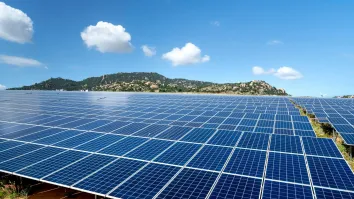
Blasts rock Arun III hydropower plant in Nepal
The plant is being built with India’s assistance.
Three blasts using improvised explosive devices have hit the powerhouse of the Arun III hydropower project, which is being constructed in Nepal with the assistance of India, The Indian Express reports.
The incident happened on 7 February near the powerhouse of the hydro project that led to the damage of a generator and a boomer.
The Nepal Police and Nepal Army are currently probing the group that carried out the explosions.
Arun-III is the largest capacity project in the country and is scheduled to be constructed within the next five years. It has a 900MW capacity and has an investment size of around $1.4b.
Satluj Jala Vodyut Nigam Power Development Company, owned by India, has been carrying out the construction work at the plant.


















 Advertise
Advertise







